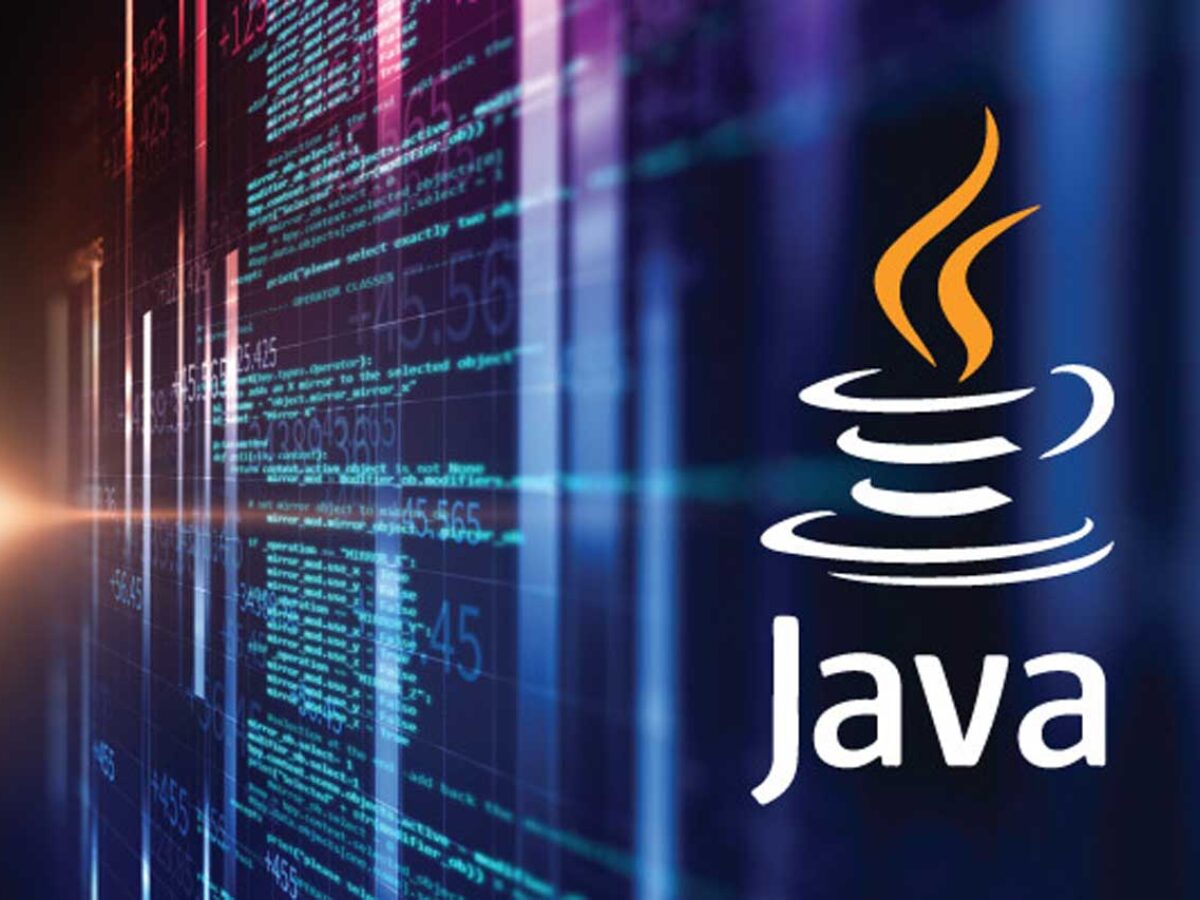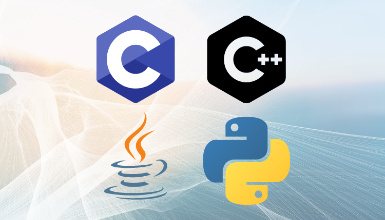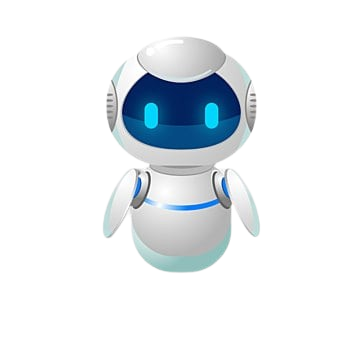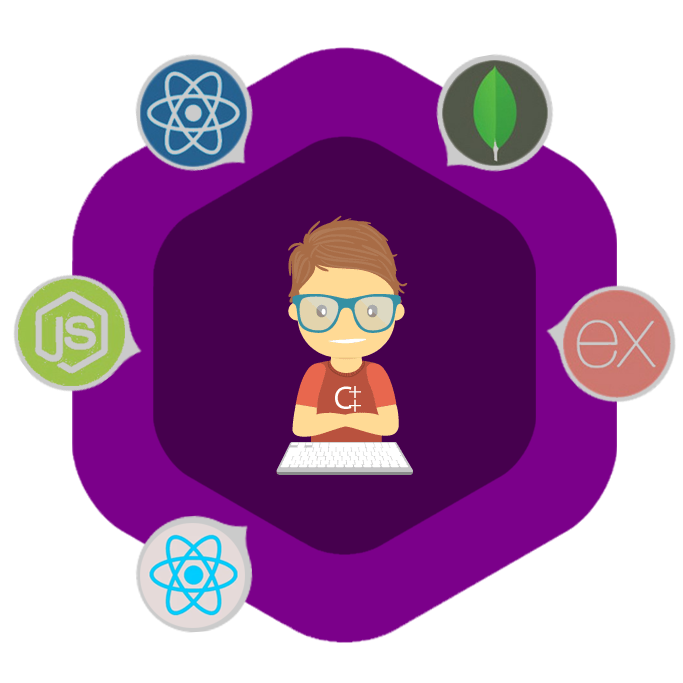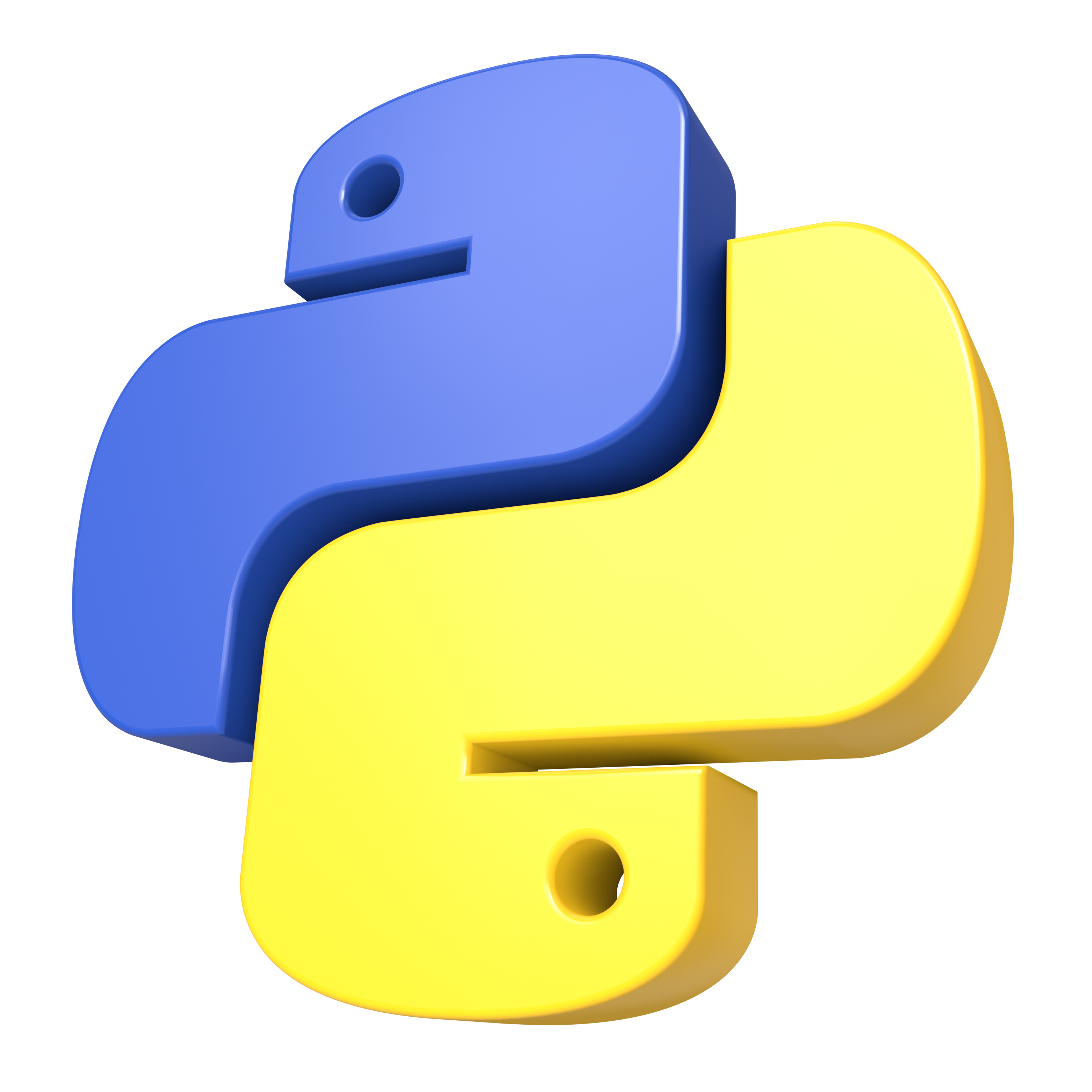Core Java(Java SE)
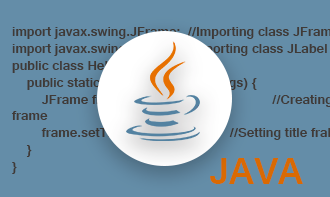
CORE JAVA: Do you dream of building websites, creating mobile apps, or developing software that shapes the future? Then Java could be your key! As one of the most powerful and versatile programming languages, Java equips you with the skills to bring your digital ideas to life.
Saksham's Java course offers a comprehensive and beginner-friendly approach, allowing you to:
- Master the fundamentals
- Navigate the world of coding
- Build your first projects Why Choose Java?
Here are just a few reasons why Java remains a top choice for beginners and experienced programmers alike:
- Versatile and Powerful: Build websites, mobile apps, desktop applications, video games, and more - the possibilities are endless!
- Beginner-friendly: With clear syntax and a structured approach, Java makes learning to code easier than ever.
- Highly In-Demand: Java is one of the most sought-after programming languages globally, opening doors to exciting career opportunities.
- Large and Supportive Community: Benefit from a vast network of Java developers who offer support, resources, and guidance.
What You'll Learn with Saksham's Java Course:
- The Building Blocks of Java: Understand the core concepts of variables, data types, operators, and control flow statements.
- Object-Oriented Programming (OOP): Learn how to create reusable code structures and organize your programs efficiently.
- Working with Classes and Objects: Master the foundation of OOP, allowing you to model real-world entities in your code.
- Advanced Java Concepts: Explore inheritance, polymorphism, exceptions, and other advanced features as you progress.
- Interactive Exercises and Projects: Apply your knowledge through engaging exercises and real-world projects, building your skills and portfolio.
Learning with Saksham:
- Expert-Led Video Lectures
- Interactive Learning Environment
- Dedicated Support
Unlock your programming potential with Shaksham's Java course! With structured learning, engaging activities, and expert guidance, you'll be well on your way to becoming a confident and skilled Java programmer.
Enroll today and start building your coding future!

